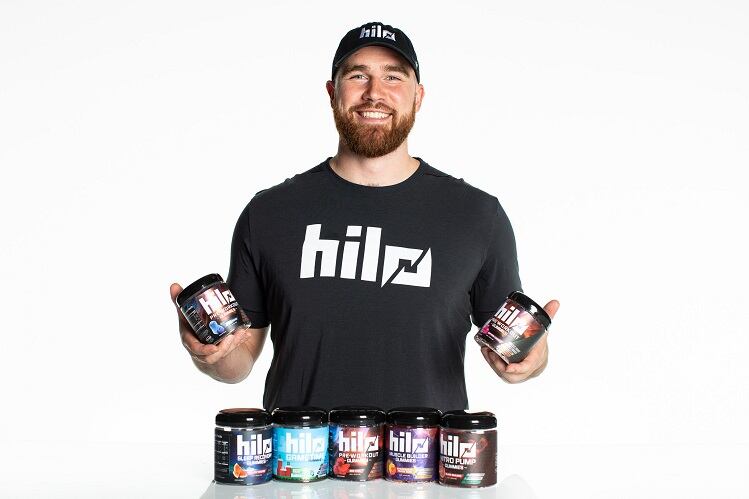"Skin cancer, including squamous cell carcinoma, is hard to prevent, but this study suggests that eating a healthy diet rich in vitamin A may be a way to reduce your risk, in addition to wearing sunscreen and reducing sun exposure," said Eunyoung Cho, an associate professor of dermatology and epidemiology at Brown University and lead researcher of the study.
Cho added that vitamin A is known to be essential for the healthy growth and maturation of skin cells, but prior studies on its effectiveness in reducing skin cancer risk have been mixed,
Brown University researchers analyzed data from two long-term observational studies: The Nurses' Health Study, which followed 121,700 US women from 1984 to 2012, and the Health Professionals Follow-Up Study, which followed 51,529 US men from 1986 to 2012.
Between the two studies, approximately 123,000 participants were white (and thus had significant risk of developing skin cancer, noted researchers), had no prior history of cancer and completed the dietary reports multiple times. Both studies also asked the participants about hair color, the number of severe sunburns they had received in their lifetime and any family history of skin cancer.
Among these individuals, a total of 3,978 cases of squamous cell carcinoma were reported and verified within the 24- or 26-year follow-up periods.
Diets rich in Vitamin A
After grouping the study participants into five categories by vitamin A intake levels, the researchers found that people in the category with the highest average daily total vitamin A intake were 17% less likely to get skin cancer than those in the category with the lowest total vitamin A intake.
Researchers found that the majority of vitamin A came from the participants' diets, particularly from fruits and vegetables, rather than from animal-based foods or vitamin supplements.
Those in the highest category reported eating on average the amount of vitamin A equivalent to one medium baked sweet potato or two large carrots each day. Those in the lowest category reported eating a daily average amount of vitamin A equivalent to one-third cup of sweet potato fries or one small carrot.
Outside of sweet potatoes and carrots, researchers added leafy green vegetables and fruits like apricots and cantaloupe are also rich sources of vitamin A. Milk, some types of fish and liver also provide animal-based vitamin A.
"Our study provides another reason to eat lots of fruits and vegetables as part of a healthy diet," said Cho who added that too much vitamin A intake can lead to adverse effects such as nausea, liver toxicity, and increased risk of osteoporosis.
Next step: Clinical trial
Because the analysis was based on studies surveying a large number of people about the foods they ate and observing whether or not they got skin cancer, rather than a randomized clinical trial, it cannot establish cause and effect, noted researchers.
The next step for Cho and his team would be to conduct a clinical trial to see if vitamin A supplements can prevent squamous cell carcinoma. However, she added, conducting a dietary clinical trial is quite challenging on a technical level, as is ensuring that participants actually stick to the diet.
"If a clinical trial cannot be done, then a large-scale prospective study like this is the best alternative for studying diet," Cho said.
Source: JAMA Dermatology
Published online, 10.1001/jamadermatol.2019.1937
"Higher vitamin A intake linked to lower skin cancer risk"
Authors: Eunyoung Cho, et al.




